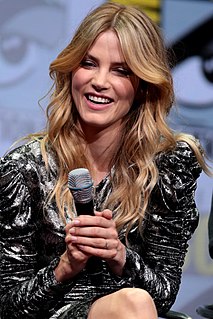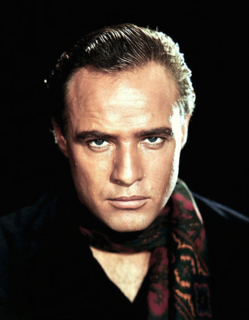A Quote by Thomas Szasz
The poor need jobs and money, not psychoanalysis. The uneducated need knowledge and skills, not psychoanalysis.
Quote Topics
Related Quotes
I consider it as a foreshadowing of modernity in many different respects, and the consistency of character is interesting to the emerging modern psychology. The emphasis on dream knowledge relates quite deeply to psychoanalysis, although I suppose psychoanalysis wouldn't like to say that... Freud was always saying he was a scientist.
A man could be a lover and defender of the wilderness without ever in his lifetime leaving the boundaries of asphalt, powerlines, and right-angled surfaces. We need wilderness whether or not we ever set foot in it. We need a refuge even though we may never need to set foot in it. We need the possibility of escape as surely as we need hope; without it the life of the cities would drive all men into crime or drugs or psychoanalysis.
President Bush said that American workers will need new skills to get the new jobs in the 21st century. Some of the skills they're going to need are Spanish, Chinese, Korean, because that's where the jobs went. Who better than Bush as an example of what can happen when you take a job without any training.
Biology is a way of approaching the truth about the mind. In biology most people don't tackle problems at the level of complexity that psychoanalysis does. But psychoanalysis has a degree of uncertainty about it. A psychoanalyst may have some deep insights, but cannot, at the moment, run experiments to establish whether it's really the truth.
Freudian therapists do a lot of listening and very little persuading, and that was one of the reasons I eventually gave up being an analyst. You had to be too passive and not speak up, and you couldn't give homework to clients. While I was still an analyst, I wrote several articles criticizing psychoanalysis, but the analysts weren't listening to my objections. So I finally quit psychoanalysis after practicing it for six years.




































